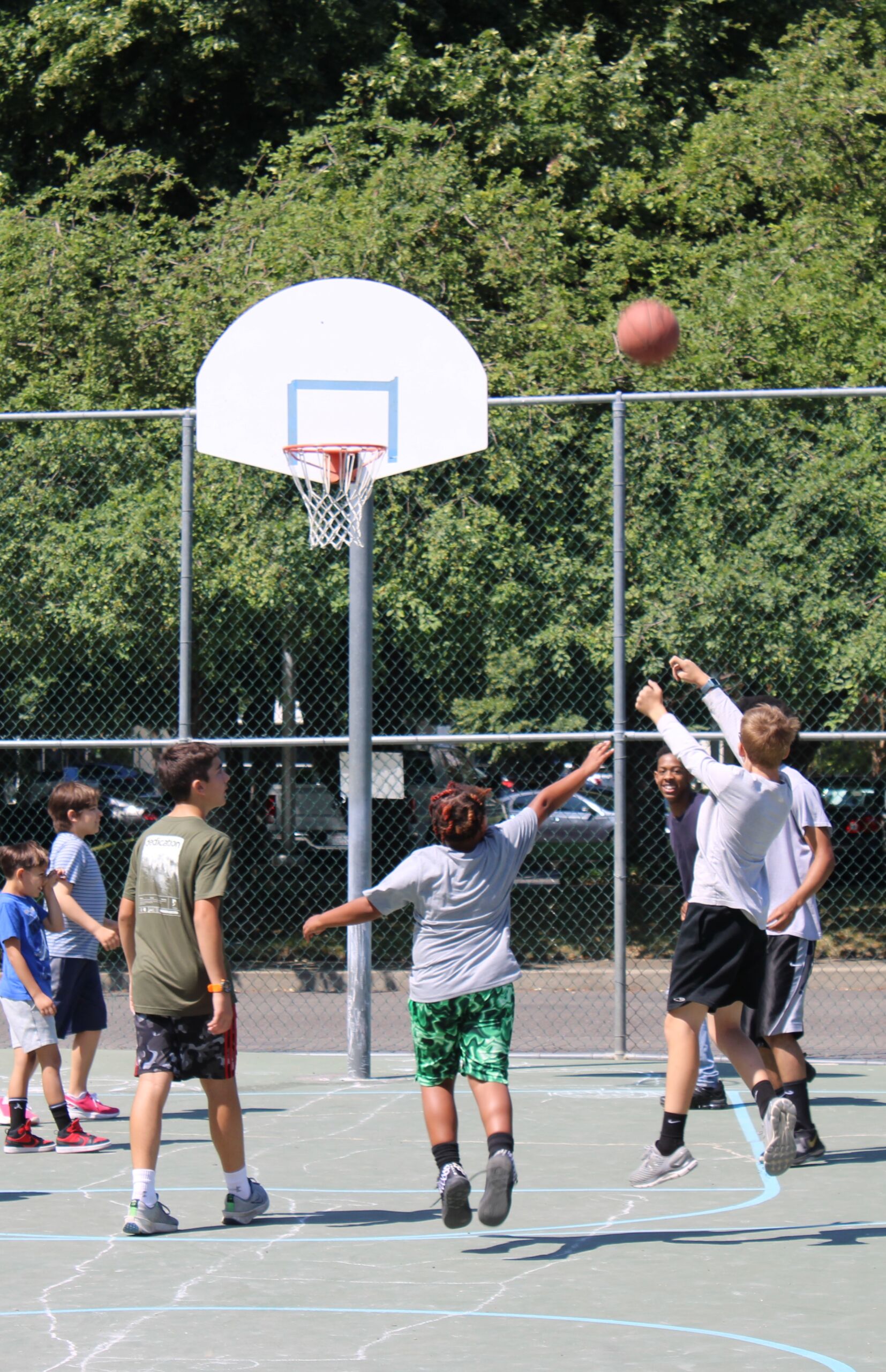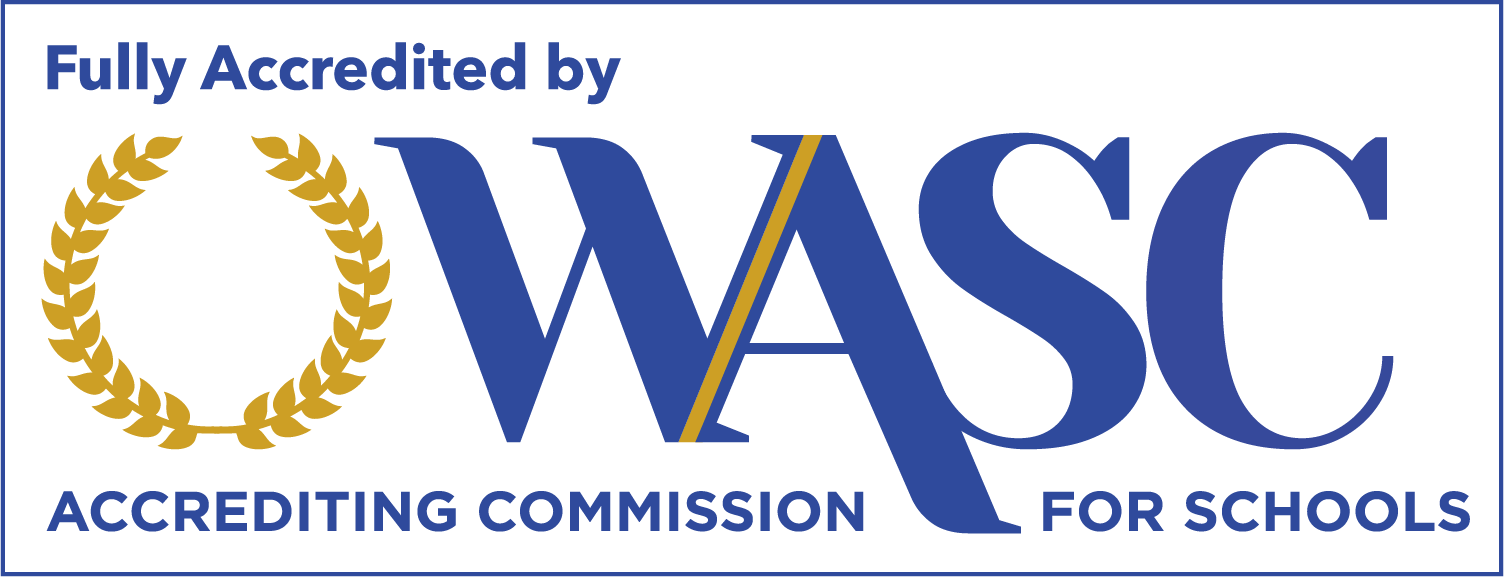OUR BELIEFS
STATEMENT OF BELIEFS:
The schools vision and purpose reflect a firm belief that all students can learn and achieve by emphasizing the following fundamental principles:
1. Inclusive Education for All Students:
The vision to “empower every child with learning disabilities to reach their full potential” affirms the belief that every student can learn regardless of their unique challenges. By prioritizing an inclusive and adaptive educational environment, the school demonstrates that it believes in each student’s ability to succeed with the proper support.
2. Personalized Learning Strategies:
The mission highlights the importance of “individualized learning strategies” which acknowledges that students with learning disabilities may require different approaches to learning. By tailoring education to individual needs, the school ensures that each student, regardless of their starting point, can progress and achieve success. This personalized approach reinforces the belief that all students can learn if given the proper methods.
3. Celebration of Strengths:
The belief in “diverse strengths” underscores the idea that learning disabilities do not define a student’s potential. Instead, the school is committed to recognizing and nurturing every child’s unique talents and abilities, showing confidence in their capacity to achieve in different areas. This belief highlights that success can be measured in many ways, and all students are capable of achievement when their strengths are cultivated.
4. Holistic Development:
The mission’s focus on “holistic development” shows the school’s belief that academic achievement is just one aspect of student growth. By fostering social, emotional, and physical well-being alongside academics, the school embraces a broader definition of success, ensuring every child can flourish in other areas, regardless of academic struggles.
5. Overcoming Obstacles through Perseverance:
The core value of “perseverance”; reflects the school’s commitment to teaching students that challenges are surmountable. This value reinforces the belief that all students can achieve if equipped with resilience and support to overcome obstacles. Encouraging students to persevere in the face of difficulties demonstrates confidence in their ability to grow and succeed.
6. Collaboration and Support:
The belief in “collaboration” among teachers, parents, and specialists shows that the school understands the importance of a supportive network. By working together, the school creates a consistent and encouraging environment that maximizes each student’s potential, reinforcing the belief that every student can achieve when provided with comprehensive support.
We believe that disabilities do not limit learning; instead, with individualized approaches, perseverance, and a supportive environment, all students can succeed.

Learner Outcomes:
1. Academic Achievement:
Students will demonstrate measurable literacy, numeracy, and critical thinking progress based on their learning needs and abilities.
2. Self-Advocacy:
Students will develop the ability to understand and communicate their learning needs, empowering them to seek appropriate accommodations and resources for success.
3. Social and Emotional Development:
Students will build emotional resilience, self-confidence, and strong social skills, enabling them to navigate challenges, form meaningful relationships, and participate in community life.
4. Independence and Life Skills:
Students will acquire practical life skills, including problem-solving, time management, and personal responsibility, to support their independence in academic, personal, and future vocational settings.
5. Technology Integration:
Students will become proficient in using assistive technologies and digital tools that support their learning, enhancing their ability to adapt to future educational and work environments.

